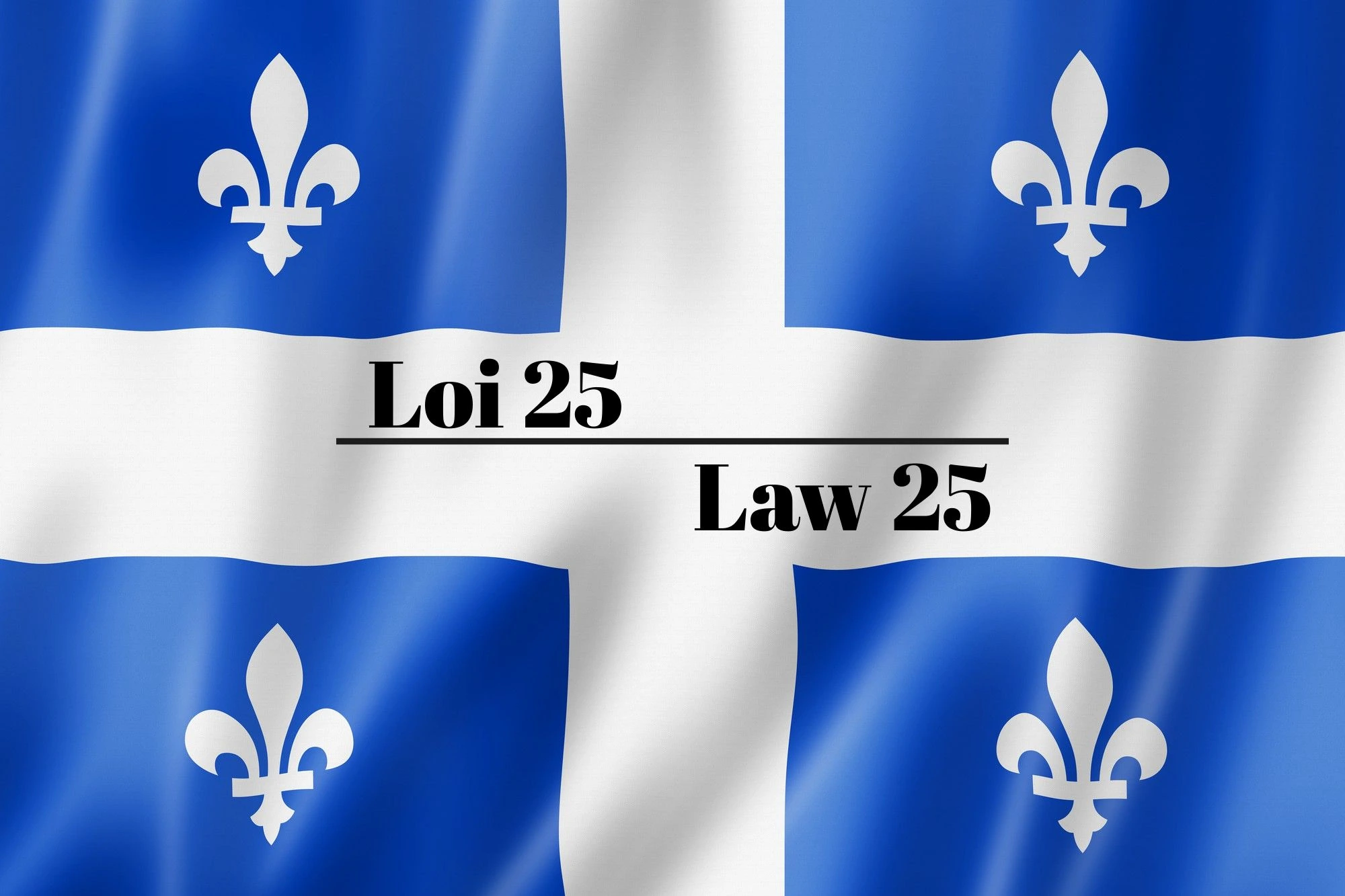Québec’s Law 25: The New Data Privacy Revolution
The digital landscape is evolving, and with it, the regulations that govern data privacy. One such groundbreaking regulation is Québec’s Law 25. In this comprehensive guide, we’ll delve into the intricacies of this legislation, its implications, and how businesses can navigate this new terrain.
Introduction to Québec’s Law 25
Background and Adoption
Law 25, also known as The Privacy Legislation Modernization Act, was unanimously adopted by the national assembly of Quebec on 21 September 2021. This legislation marked a significant shift in the province’s approach to data privacy, aligning it more closely with global standards.
Originally proposed as Bill 64, this legislation underwent numerous amendments and consultations before receiving its final assent. The transformation from Bill 64 to Law 25 signifies its evolution and refinement over time.
The Significance of Law 25
Modernizing Québec’s Privacy Laws
Québec’s Law 25 is not just another piece of legislation. It’s a testament to the province’s commitment to safeguarding individual data rights. The law introduces a plethora of changes, granting individuals enhanced data protection rights and imposing heightened obligations on both public and private entities that manage personal information.
With a phased rollout planned over the next few years, organizations have been given some breathing room to ensure compliance. However, the clock is ticking, and the penalties for non-compliance can be severe.
Scope and Applicability of Law 25
Businesses Under Law 25
At first glance, one might assume that Law 25 primarily affects businesses within Quebec. However, its ripple effects extend far beyond provincial borders. Any organization, regardless of its location, serving customers in Quebec, falls under the purview of this law. This broad scope signifies Québec’s intent to ensure data privacy for its residents, irrespective of where the data-handling entity is based.
Moreover, with Canada’s regionalized approach to data regulation, there’s speculation about a potential “domino effect” with neighboring provinces adopting similar regulations. If this trend continues, we might witness a federal overhaul of data privacy laws in the near future.
Coverage of Law 25
Law 25 updates the existing framework for personal information protection in Quebec. This encompasses both public and private sectors. The Private Sector Act defines personal information as any data relating to a natural person that allows their identification. This broad definition ensures comprehensive protection, covering various data forms, from written and graphic to digital.
Consumer Rights Under Law 25
Right to Privacy by Default
In a significant move, Law 25 has reversed the conventional stance on online privacy. Consumers now have an automatic right to confidentiality over their personal information. This means businesses must seek explicit consent before activating any tracking or profiling technology on their platforms.
Transparency and Consent
Transparency is at the heart of Law 25. Organizations are mandated to provide clear insights into how they collect, use, and share consumer data. This includes informing individuals about the purpose of data collection, the means of collection, and their rights concerning their data.
Consent mechanisms have also been strengthened. Requests for consent must be clear, concise, and presented in isolation, ensuring they aren’t lost in a maze of terms and conditions. Special emphasis has been placed on sensitive information, with organizations required to obtain express consent before using such data for purposes other than what it was initially collected for.
Enforcement and Compliance with Law 25
Enforcement Mechanisms
Law 25 introduces a robust enforcement framework. Non-compliance can result in hefty penalties, with a two-tier monetary penalty system in place. For individuals, the maximum penalty can go up to $100,000. Private sector companies, on the other hand, can face fines ranging from CAD $15,000 to $25,000,000 or up to 4% of their global turnover from the previous fiscal year.
Steps for Business Compliance
Compliance with Law 25 requires a systematic approach. Organizations must begin by understanding the law’s nuances, followed by a thorough audit of their existing data practices. This includes reviewing data collection methods, storage protocols, and sharing mechanisms. Employee training is also crucial, ensuring that every team member understands the law’s implications and their role in ensuring compliance.
Comparing Law 25 with GDPR and CCPA
Similarities and Distinctions
At its core, Law 25 shares many similarities with the European Union’s General Data Protection Regulation (GDPR) and California’s Consumer Privacy Act (CCPA). All three regulations prioritize individual data rights, emphasizing transparency, consent, and the right to erasure. However, there are nuanced differences in their approach to impact assessments, breach notifications, and enforcement mechanisms.
Similarly, while CCPA focuses on consumer rights to know, access, and delete their data, Law 25 offers a more comprehensive suite of rights, including data portability and the right to rectification.
Frequently Asked Questions
What is Québec’s Law 25?
Law 25, also known as The Privacy Legislation Modernization Act, is a comprehensive data privacy regulation adopted by the national assembly of Quebec in 2021. It aims to protect individual data rights and imposes stringent obligations on organizations handling personal data.
References
- Québec Government Official Announcement on Law 25
- Safetica’s Comprehensive Guide on Law 25
- Fasken’s Legal Perspective on Law 25
Disclaimer: The content of this article is provided for general informational purposes only and should not be construed as legal advice. For any specific questions or concerns, it is strongly recommended to consult with a legal professional. We disclaim any liability for actions taken or not taken based on the information provided in this article.

